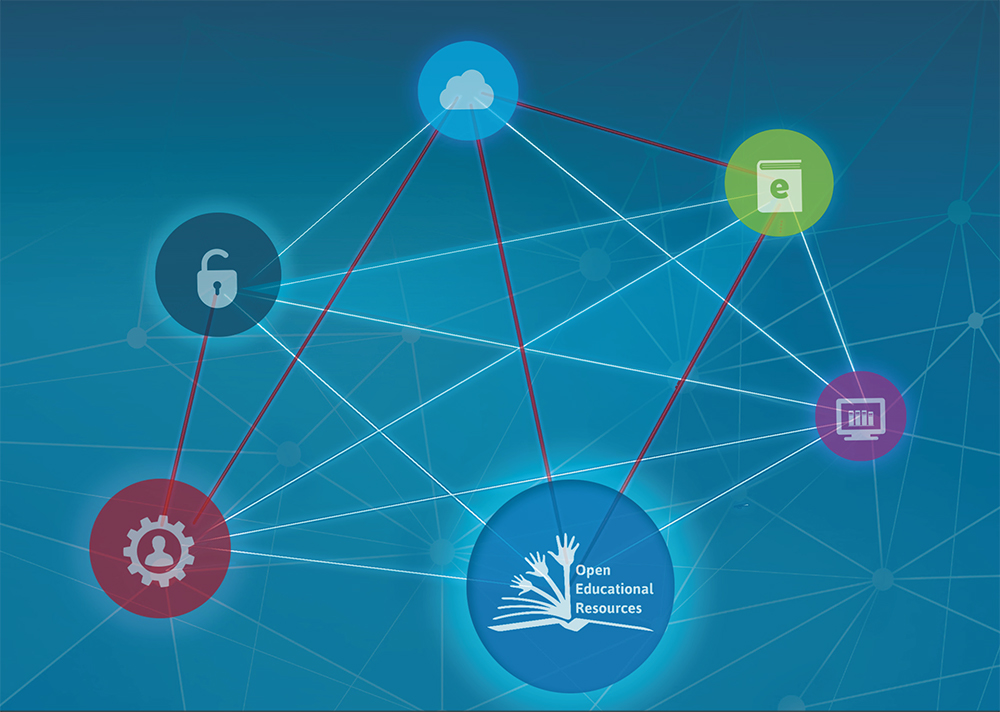
COL has welcomed the recent adoption by UNESCO of the Recommendation on Open Educational Resources (OER). While celebrating this important milestone towards building open and inclusive knowledge societies, a look back is in order at COL’s own contribution to the OER movement.
A pioneer in technology-enabled learning, COL found OER to be a natural option for promoting access to quality educational resources in the Commonwealth. It became the first intergovernmental organisation to adopt an OER policy in 2011, and together with its long-time partner UNESCO, it has been advocating for the use and development of OER around the world.
Key landmarks:
- In early 2012, UNESCO and COL co-organised a series of regional consultations, in which governments were invited to provide information about their policies in relation to OER.
- The subsequent World Open Educational Resources Congress resulted in the adoption of the Paris OER Declaration encouraging governments to openly license educational materials developed with public funds.
- Two global surveys conducted by COL and the Government of Slovenia have resulted in the publication of The Global OER Report 2017 , which highlighted several key gaps and challenges for the development and implementation of OER.
- A summary document entitled “Open Educational Resources: From Commitment to Action” was the outcome of six regional forums hosted by COL around the world in 2016-2017.
- The 2nd World OER Congress in Slovenia in 2017, another milestone in the COL-UNESCO collaboration, developed strategies for mainstreaming OER for achieving inclusive and equitable quality education and lifelong learning for all by 2030. Congress participants agreed on an OER Action Plan to improve knowledge sharing, capacity building and universal access to quality learning and teaching resources.
- In October 2019, COL and UNESCO released joint “Guidelines on the Development of Open Educational Resources Policies,” i.e. specific tools to analyse current contexts and policy environments, understand issues related to copyright and licensing and align policy in support of Sustainable Development Goal 4.
Strengthening capacities, building capabilities:
The Recommendation, which was adopted by UNESCO at the 40th session of its General Conference in November 2019, makes it a standard setting instrument for Member States and urges them to apply its provisions in the following key areas: (i) building capacity of key education stakeholders; (ii) developing supportive policy; (iii) supporting the adoption of strategies and programmes towards effective, inclusive and equitable access to quality OER; (iv) nurturing the creation of sustainability models for OER; (v) fostering and facilitating international cooperation to minimise unnecessary duplication in OER development.
In collaboration with UNESCO, COL has now initiated a series of capacity-building workshops to promote policymaking for OER amongst Member States. The objectives of these workshops, which will be held throughout 2020, are to build awareness amongst policy makers in Members States; facilitate capacity-building for OER advocacy; provide support to stakeholders taking on OER policy development, implementation and impact; and identify steps to monitor the implementation of the UNESCO OER Recommendation.


